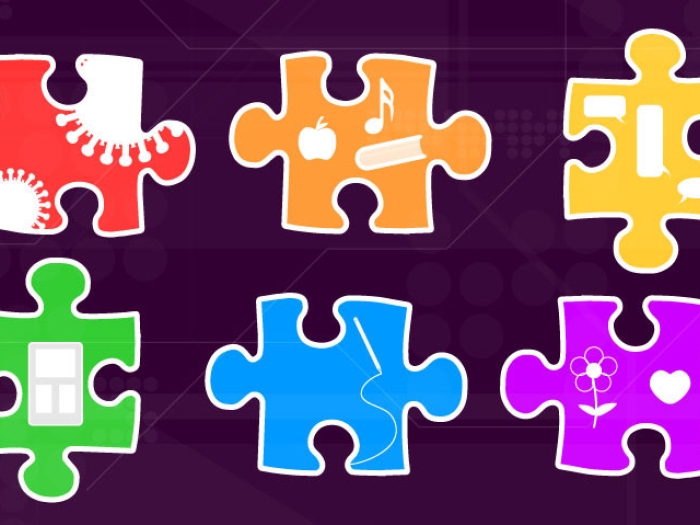Through the use of board games, teens in this Michigan Medicine group enhance conversation, narrative ability and problem-solving.
7:00 AM
Author |
We met with Phil Menard, senior speech-language pathologist at Michigan Medicine, to learn more about ToMs Theory of Mind Gaming Program. Autism spectrum disorder, or ASD, affects a person's ability to communicate and interact with others.

Explore a variety of health care news & stories by visiting the Health Lab home page for more articles.

Department of Communication at Michigan Medicine
Want top health & research news weekly? Sign up for Health Lab’s newsletters today!





